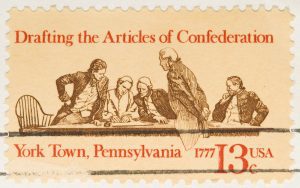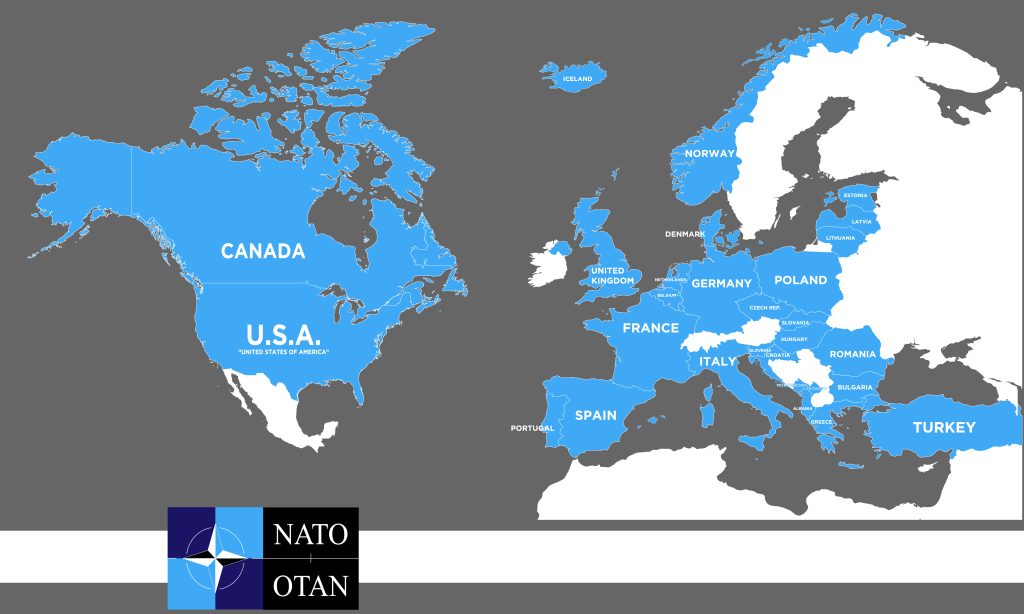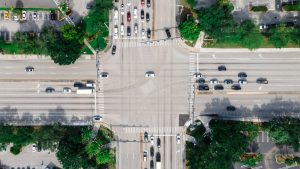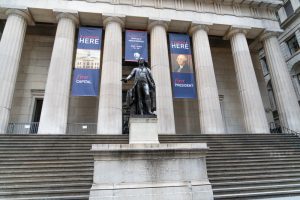US lawmakers passed the USA Patriotic Act 45 days after the 9/11 attacks, and it has been clothed in controversy since then.
The act, which was supposed to deter future terrorist attacks, has been praised by prominent figures such as former senator Mitch McConnell and the retired president George W Bush.
The Patriot Act has been a source of a major debate due to the lack of proper balance between individual liberties and national security.
Critics argue that the laws are just a leeway for sacrificing individuals’ freedoms on the altar of national security.
Some sections were set to expire some years back but are still alive and well, just as slightly different versions.
Stick to the end as we dive into more details regarding some of the biggest criticisms of the USA Patriot Act.
Table of Contents
The “Lone Wolf” Provision
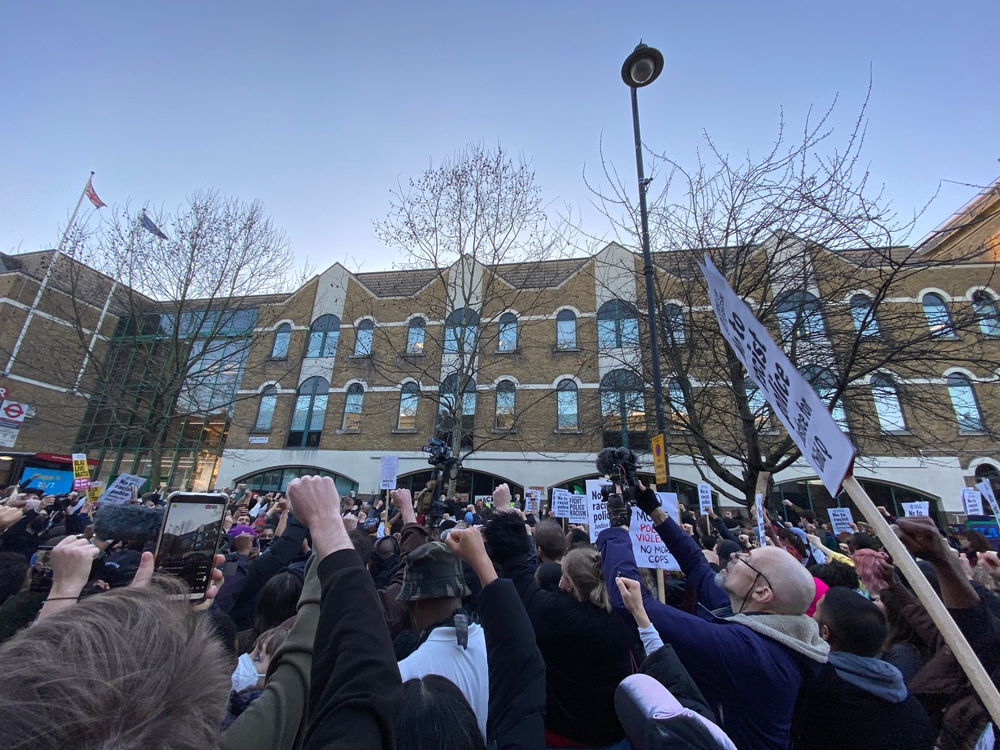
Under Section 6001 of the 2004 terrorism prevention act, the law allowed the country’s intelligence bodies to investigate individual terrorists.
“Individual terrorist” means a person who commits acts of terror but is not affiliated with any foreign organization or country.
While the section should aid in sniffing out lone terrorists, liberty groups have largely criticized the law.
Civil liberty groups say the law could affect innocent civilians who are in no way connected to terrorism.
For example, the investigators could use the provision against innocent protesters and other citizens suspected of domestic terrorism.
Information Sharing
Sections 203(b) and (d) allow criminal probe information sharing between intelligence authorities and other parts of the government.
Those against the section argue that there are no controls and the investigative agencies, and the government could create massive databases on the innocent.
Misuse of the law could see the government gather data on innocent civilians who are not connected in any way to criminal investigations.
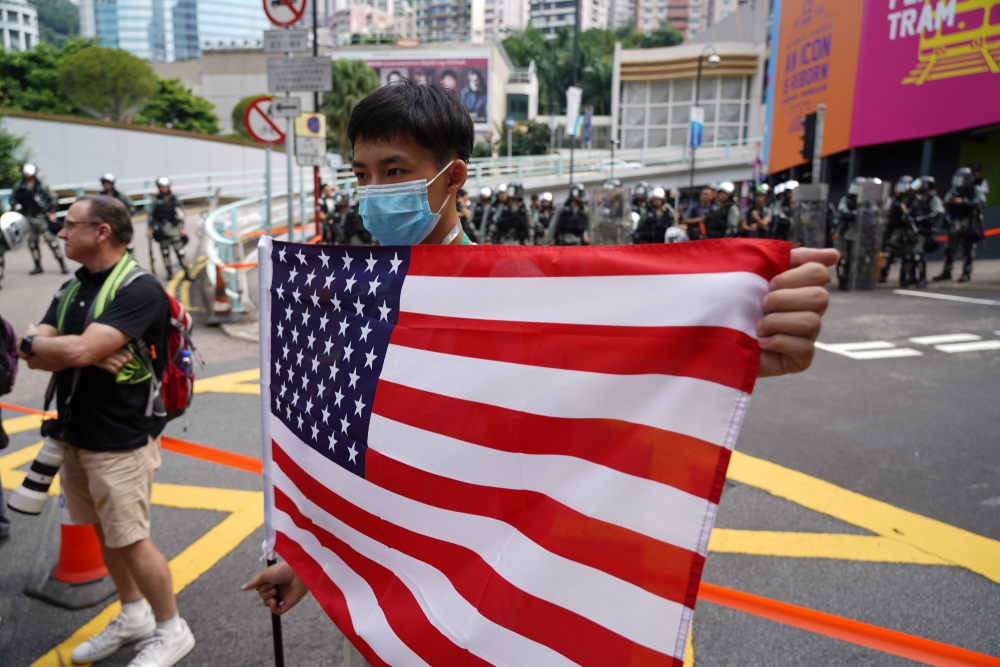
The two sections were created to break down a wall and create a link between intelligence and criminal investigations.
The Justice department blamed this information gap for the failure to arrest and detain Khalid al-Midhar and Nawaf al-Hazmi, the perpetrators of the 9/11 attacks.
CIA agents knew the suspects were in the country before the attack but couldn’t share the information with the Federal Investigation Bureau (FBI) until August 2001.
This wall that prevented information sharing in connection to the attacks also created a barrier to investigating some of the key suspects, such as Zacarias Moussaoui, because investigators lacked authority to share the information with the criminal and intelligence sides of the probe.
If the law had been in place, terrorist attacks on such a large scale would have been prevented altogether.
Critics, most of them civil libertarians, argue that the lack of information sharing should be blamed on insufficient understanding of the law and incompetence of the agencies involved.
They argue that investigators always had the go-ahead to share important jury information even without sections 203(b) and (d).
Another reason for opposing the section is that the language used in the Patriot Act is too broad, which encourages unrestricted sharing of information even without the need to.
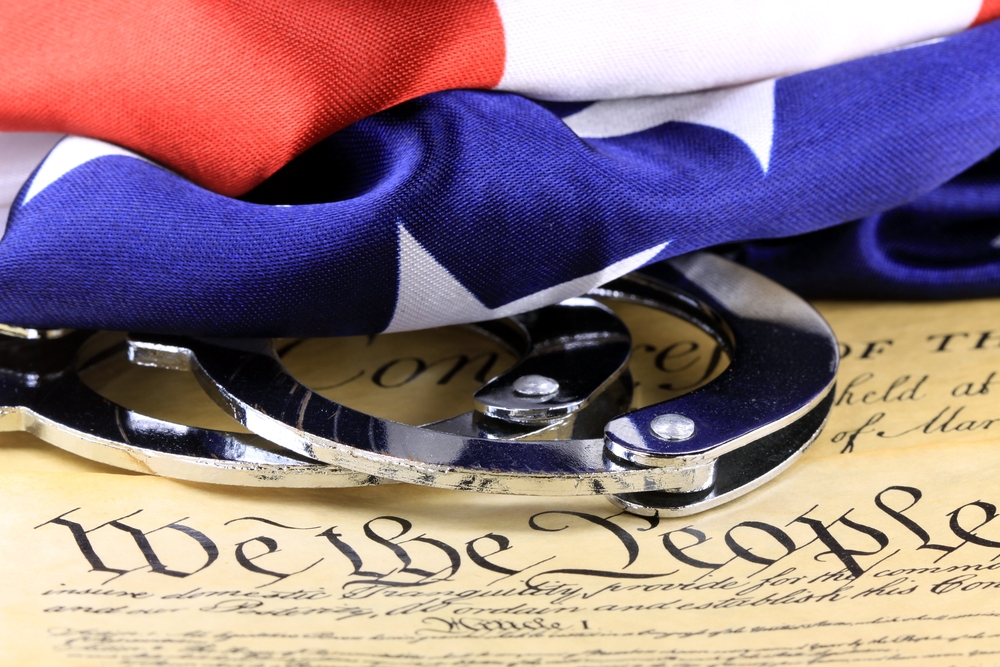
The investigators should have a good reason for sharing the information and should explain to the involved parties why they should disclose the information.
Only espionage or terrorism-related information should be shared to avoid the creation of huge databases on innocent citizens.
Access to Records
Critics are also uncomfortable with Section 215, which allows foreign intelligence investigations to access business records.
Critics argue that the scope of the provision is too huge, and the law could be wrongly used to access bookstore patrons or library records.
Also known as the “libraries provision,” the section doesn’t make a direct reference to a library or a bookstore.
Civil liberties groups fault these sections because they allow the investigative agencies to access any tangible written records, including documents, books, papers, and other records, as long as they are sought for terror investigation purposes.
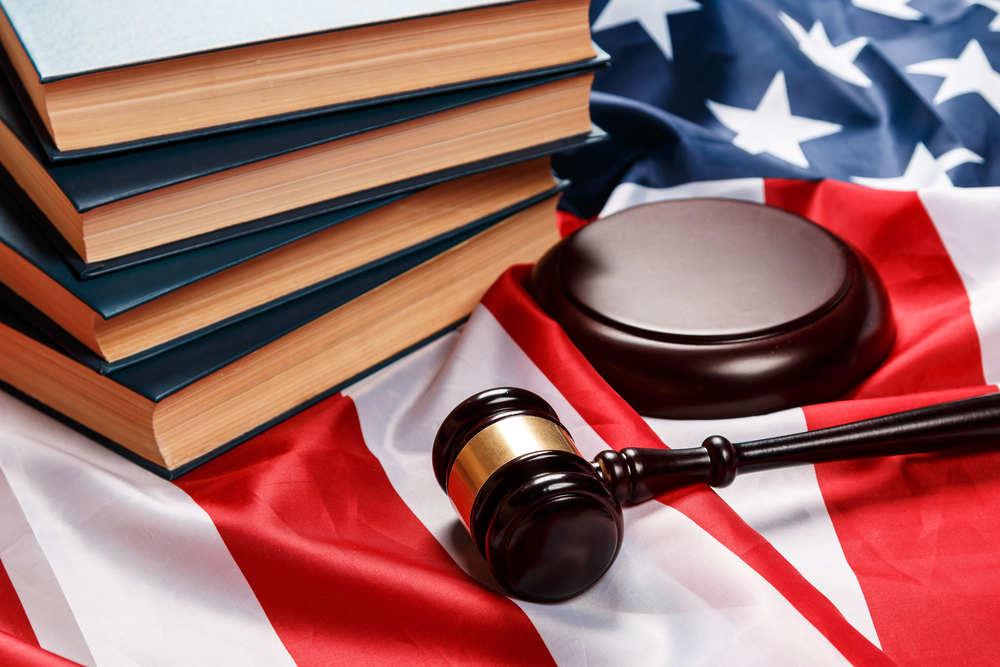
Library groups criticize the law because it allows access to the records of patrons. Still, the government has always refuted the claims arguing that the American law has always protected the activities of Americans under the First Amendment.
The Justice Department has even released declassified statistics to show that the section has never been used against bookstores or libraries.
However, there is still no reason or barrier that prevents the law from being abused in the future.
Civil liberties groups have put forward several amendments which should offer special protection for bookstores and libraries.
For example, the investigators should have a good reason for seeking those records and they should explain this reason to the library owners.
The “gag rule” that bans those affected by Section 215 from disclosing the search information to anyone else should be abolished.
The government has always dismissed these claims arguing that it has always had access to specific business records, so citizens should stop overreacting.
Roving Wiretaps
Critics say that sec. 206 of the Patriotic Act could make way for privacy violations of anyone connected with the suspect but unaware that the person is a terrorist.
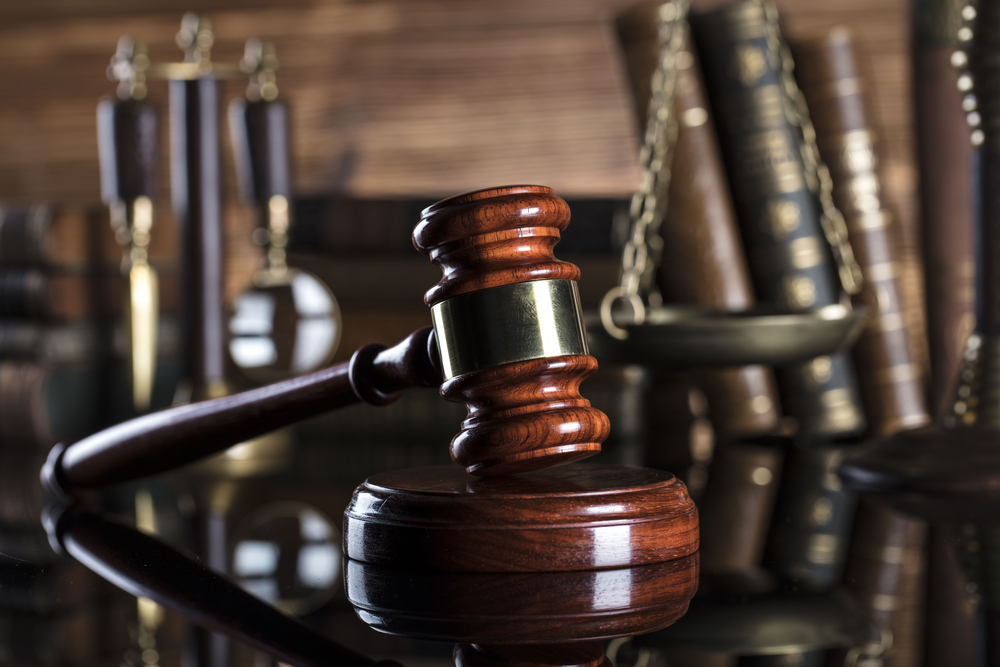
The sections authorize wiretaps to include multiple devices. This eliminates the need to get multiple court authorizations to tap the suspect’s communication devices.
The Justice Department has always been uncomfortable with the previous way of conduct that demanded separate court permissions to tap each device being used by the suspected criminals.
Securing separate orders is time-consuming, especially when the target of the investigation uses multiple devices.
The Patriot Act allows the tapping of information against suspected terrorists and spies. The government has always defended itself, saying that this flexibility has always existed and has helped unravel criminal cases against technologically sophisticated terrorists.
Critics have argued that the investigators should ensure that the suspected criminal will use the device before deciding to tap it prior to the communication process.
Civil liberties groups say that the roving wiretap law will violate the privacy of anyone who casually contacts the suspect.
They argue that investigators should clearly specify which device they will tap to protect other innocent people from unwarranted snooping.
Foreign Intelligence Searches and Wiretaps
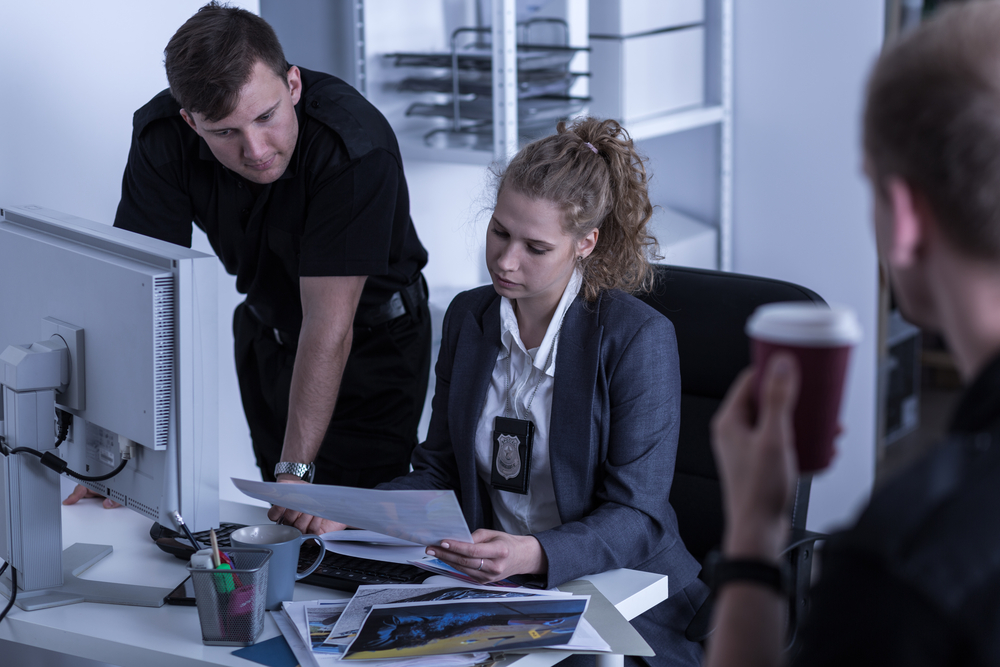
Sec. 218 of the Patriotic Act lowers the bar allowing investigators to plant foreign intelligence searches and wiretaps with much more ease than before.
Critics have argued that since foreign intelligence probes are shrouded in secrecy and little oversight, their abuse could be almost impossible to uncover.
Previously, criminal investigators had to overcome several challenges before getting permission for searching or wiretapping a suspect’s residence.
For example, the investigators had to prove that the primary purpose of their missions was gathering foreign intelligence data.
However, this section of the Patriot Act has made it easier because they now only have to prove that they have a significant purpose for the search.
The state has applauded this move because it creates another window in the wall separating intelligence and criminal probes.
It will make it easier to secure a search or wiretap order, eventually bringing up criminal charges.
Civil liberties groups have always dismissed the government claims arguing that there was no wall against investigative authorities starting a criminal probe against potential terrorists or spies.
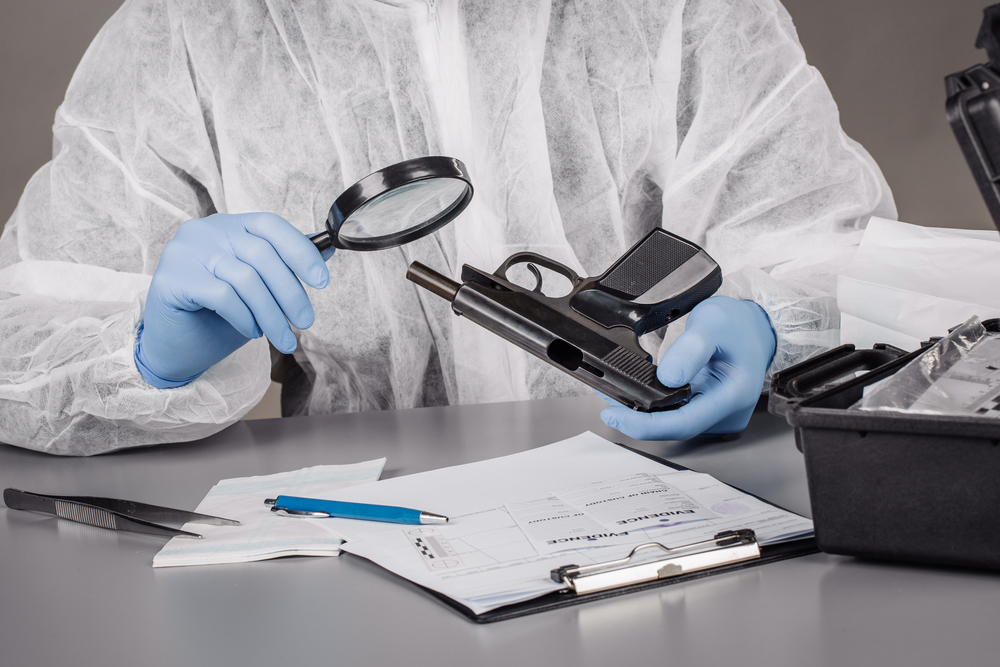
The said wall by the government is more of a misunderstanding than a hard barrier.
Critics also argue that section 218 allows the government to launch foreign searches hiding under cover of terrorism and spying.
This is evidenced by the number of criminal wiretaps being lower than that of intelligence wiretaps.
Additionally, the law can be easily abused due to little or no oversight. According to civil liberties groups, the Justice Department should always release enough information regarding foreign intelligence investigations.
Material Support
Opponents have also criticized sec. 805 of the Patriotic Act, which expands the current ban on supporting terrorists materially to include giving expert assistance or advice.
Critics say it will net many innocent people due to guilt through association. For instance, innocent Americans may donate materials such as clothes, food, money, and other life-supporting items to aid refugees in foreign countries.
If the receiving organization has connections to terror cells in one way or another, the provision means that all those who donated even their expertise are guilty of terrorism.

The law first came to being in 1996, motivated by the Oklahoma City bombing. The Patriotic Act has expanded on the initial law that banned the provision of material support to foreign organizations conducting or connected to terrorism.
The section expands the definition of support, meaning that expert assistance or advice, including personnel and training, is illegal.
The Justice Department, in its justification, claims that the section is crucial to severing terrorism support networks, but several legal scholars, among them judges think that it is vague.
For the most part, it will lead to the jailing of innocent people who unwittingly contact a suspected terrorist group through guilt by association.
Other critics say that the provision stifles free speech and charity because the Justice Department could link any charitable contribution to terrorism.
Any charity giving for an honest course could be construed as material support which is banned by the law.
Since the lawmakers have pointed out that some sections of the Patriotic Act are vague, Congress has been working on tightening the definitions to seal potential loopholes.
Delayed Search Warrants
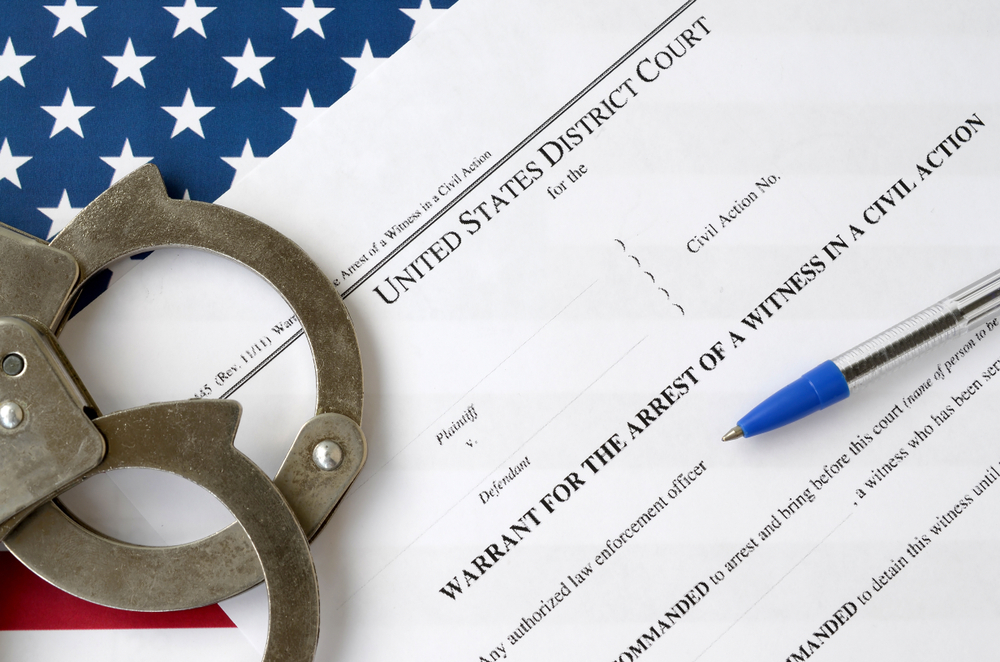
Under section 213 of the Patriot Act, investigative agencies have the authority to search businesses or homes without immediately alerting the target of a search or what is popularly known as “sneak and peek.”
The law makes sense here because suspected terrorists and other criminals will hide anything that could give them away once they receive the search warrant.
However, critics say the section allows impromptu searches of residences and business premises even for minor crimes unrelated to espionage or terror cases.
Section 213 allows the FBI to search businesses or homes without an immediate explanation or justification for the search.
This means that the bureau has a court order to search the home, but they will withhold the information until after the search.
In its defense, the Justice Department holds that the law has served the citizens’ best interests.
For instance, the provision has allowed the investigating authorities to search the houses of suspected terrorists and drug dealers without jeopardizing the investigation, which wouldn’t have been the case had they issued a prior search warrant.
However, the investigators must tell the target why they delayed the notice and searched the houses.
Critics cite potential misuse of the section wondering why the provision had to be included in the Patriot Act, yet the investigators already had enough powers to hold secret searches regarding espionage and counterterror probes.
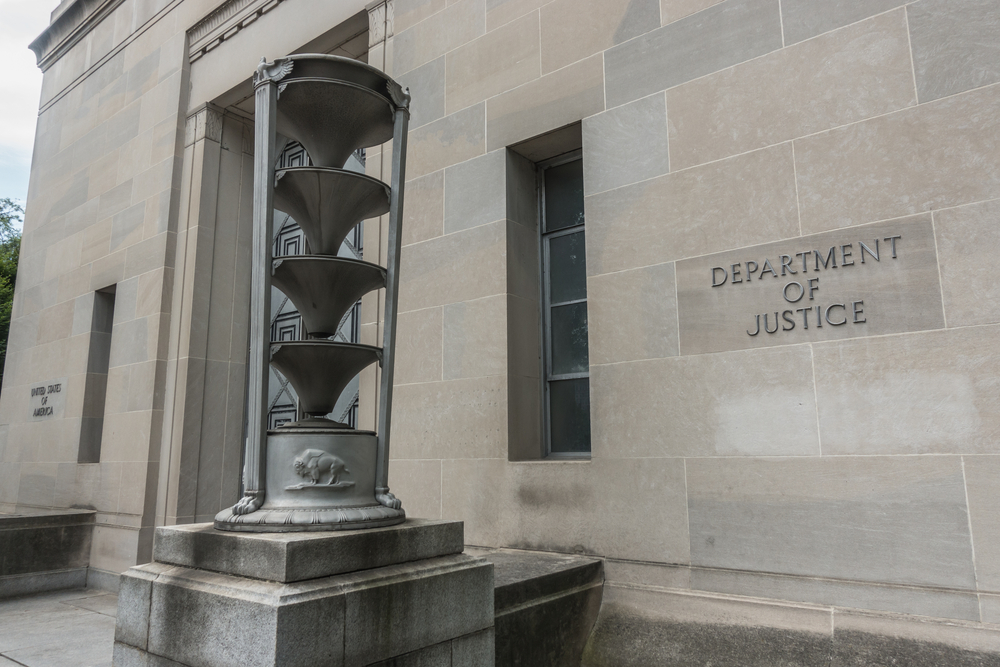
The “sneak and peek” searches will be used for any crime, even petty ones.
Further, the critics say that the investigators should only invoke the provision if prior knowledge of the investigation will severely jeopardize the operation.



